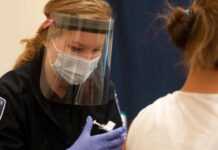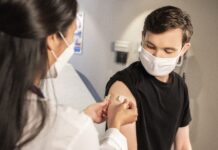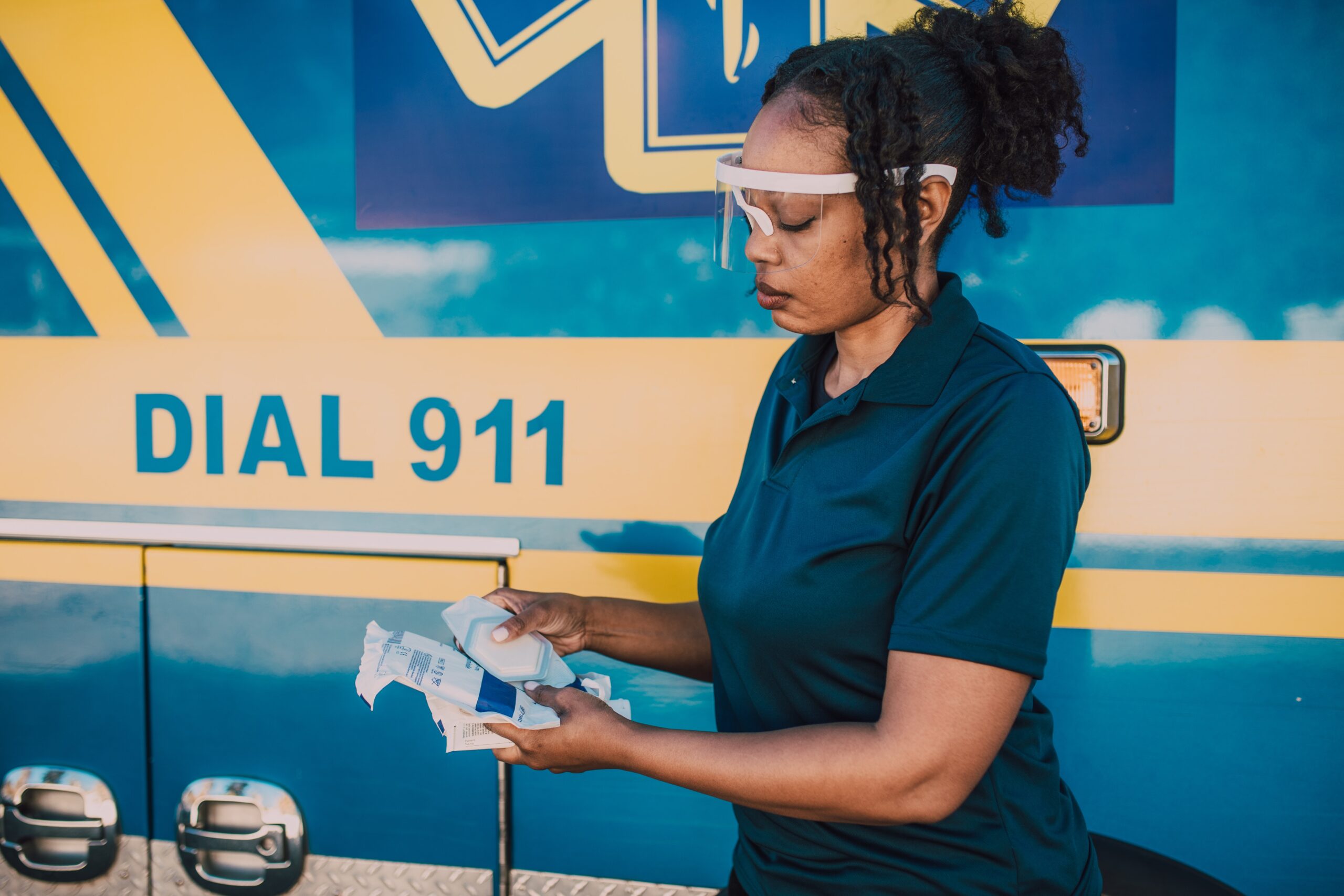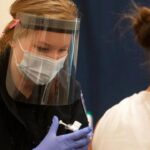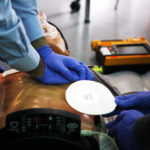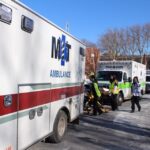Standing Up and Staffing a Covid Vaccine Clinic on a Collegiate Campus
The University of California – Davis Fire Department discusses their experience setting an administering an on-campus COVID-19 vaccine clinic.
Creating a Protocol for Campus EMS Response to Mental Health Complaints
The authors share their experience with developing a mental health response framework for their collegiate EMS service.
Establishing a Collegiate Emergency Medical Service
Ferdowsian et al. share their experience establishing a new EMS team at the Claremont Colleges.
Lessons from Early Vaccination of Campus EMS Providers at the University of California, Davis
Mills et al. highlight UC Davis' experience with the vaccination of campus first responders against COVID-19.
Call to EMS Research: Disparities in Recruitment and Retention of Black Providers is an...
Hutchens discusses the need for further research into the issue of recruitment and retention of Black EMS providers.
Implementation of Stop the Bleed on an Undergraduate College Campus
Johns Hopkins Emergency Response Organization (HERO) implemented a training, preparedness, and public access equipment program to stop the bleed on their campus.
Fundraising for Your Collegiate EMS Agency
Following five strategies, Skidmore College EMS tripled their fundraising goal. Consider adopting these strategies to maximize returns on your next campaign.

